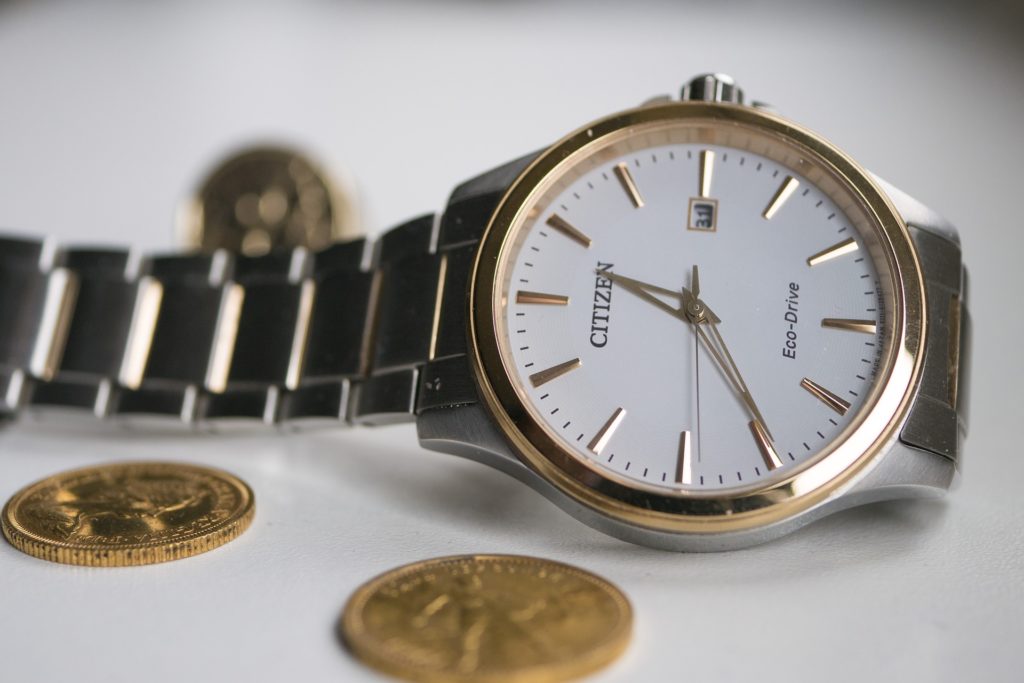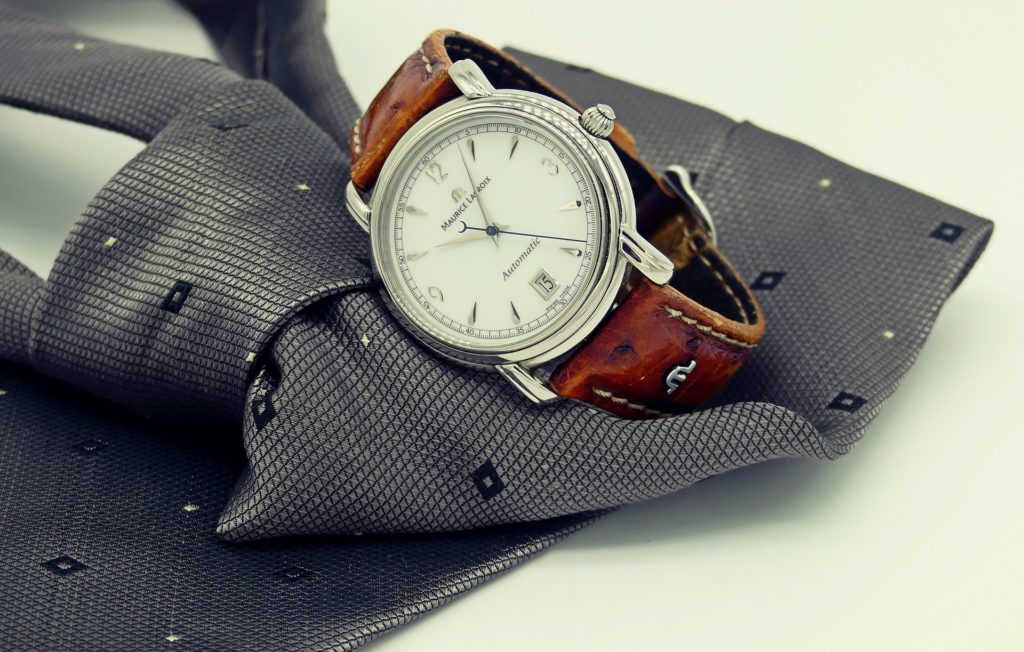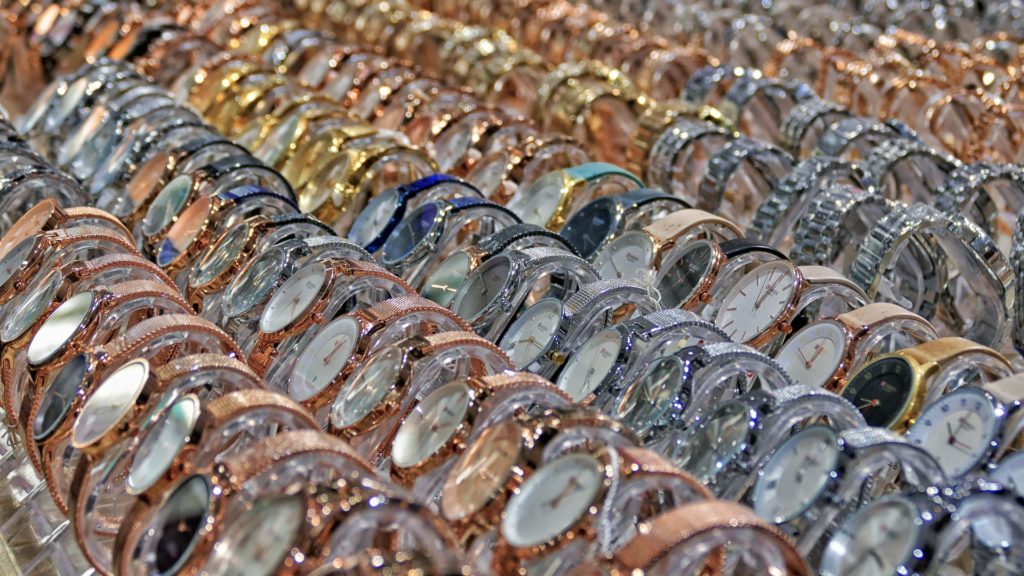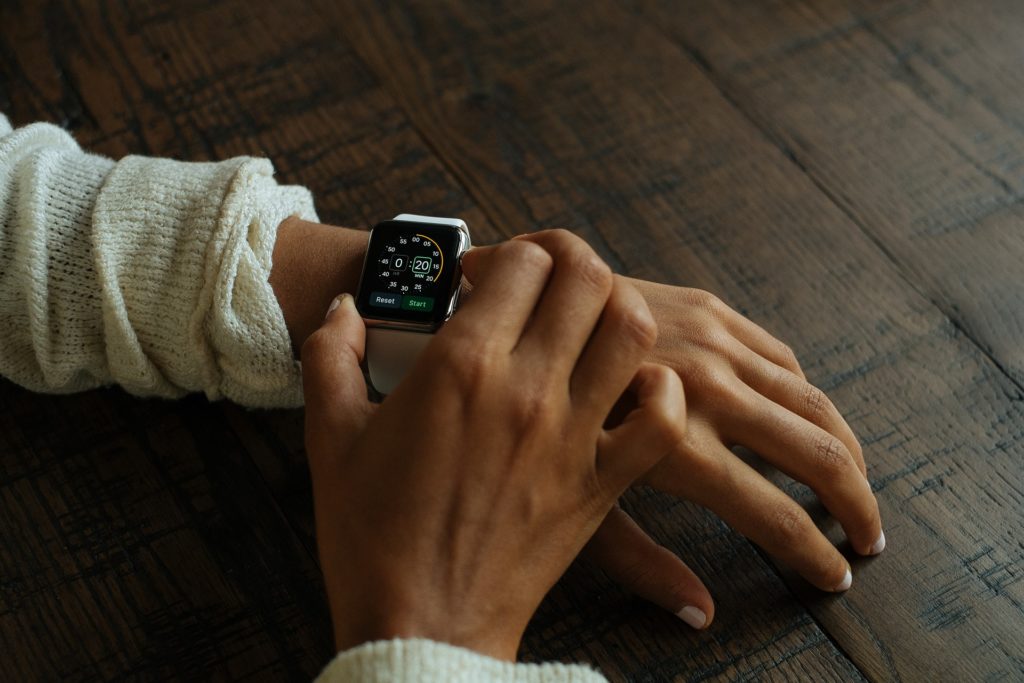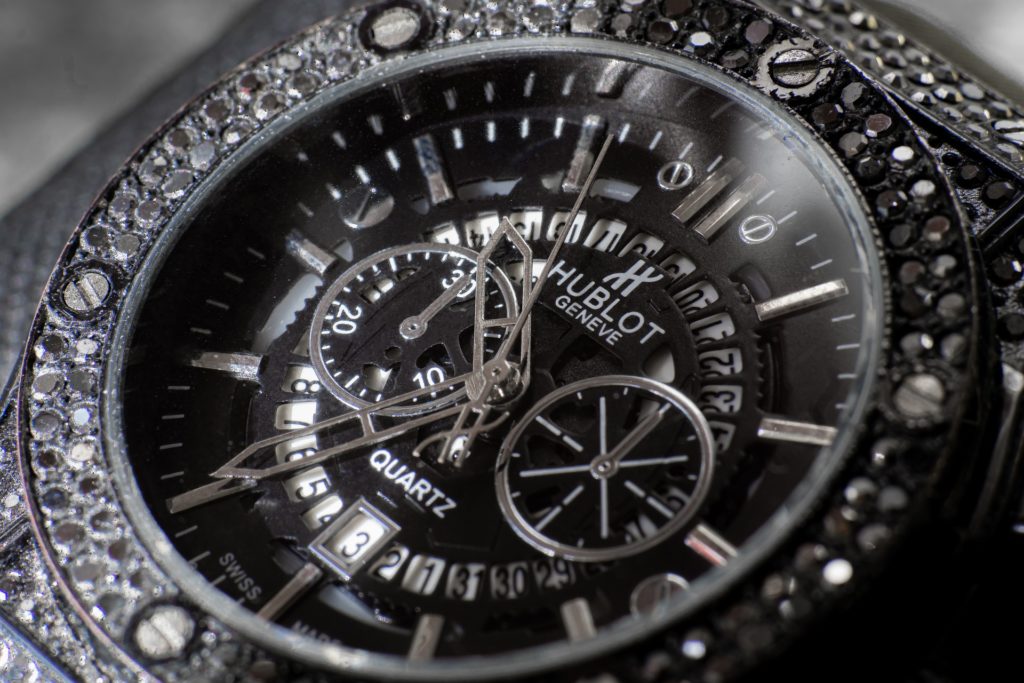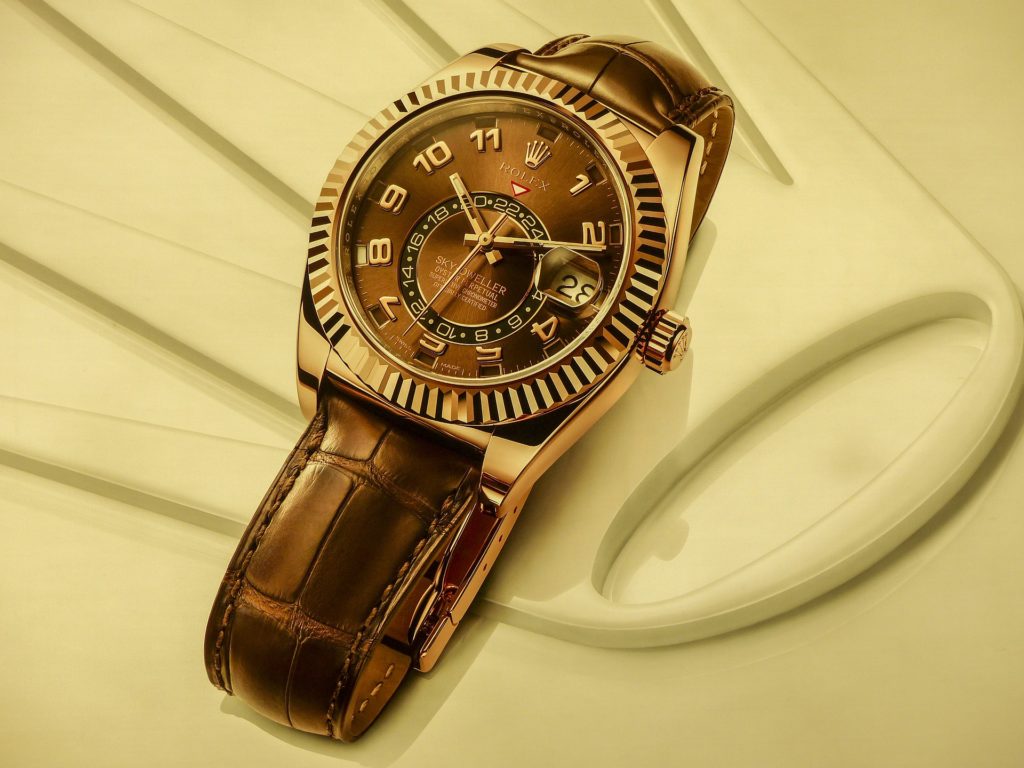Now you can listen to this article!
Buying your first watch can be a nerve-racking experience. You want something reliable, classy, and affordable. However, the lack of previous experience getting one may cause you to make several mistakes.
Here are 7 biggest mistakes to avoid when buying a watch:
- Believing expensive watches are better than affordable ones.
- Relying too heavily on brand names and model names.
- Paying too much attention to style over substance.
- Overlooking the little details.
- Not knowing what you want (or don’t want).
- Not knowing how to pick out a watch.
- Not having an idea of what you want to spend on.
Read on for in-depth explanations of the biggest mistakes people make when buying a watch at any price point and how to avoid them.
1. Believing Expensive Watches Are Better Than Affordable Ones
Just because you spent $10,000 on a watch doesn’t mean it’ll actually tell time any better than something that costs $100.
A watch is an instrument, and like any other instrument, price doesn’t always correlate to quality. Some of the best watches in the world are also some of the cheapest.
Price alone doesn’t tell you what kind of quality you’re getting.
Manufacturers charge more for watches that have special features, like radio signals or atomic timekeeping. These are nice, but they don’t make the watch itself any better at keeping time.
So before spending a lot on a watch, ask yourself what exactly you want it to do for you. Don’t waste your money on a premium model if you want something cheap to tell time.
2. Relying Too Heavily on Brand Names and Model Names
When buying a watch, the first things that’ll likely catch your eye are the brand name and model name printed front and center on the watch face.
Watch manufacturers spend a lot of time and energy marketing their products, which is why you see so many different brands out there.
But this can be deceptive; just because the watch has the same name as another model doesn’t mean it’s the exact same watch with only minor cosmetic changes. That $700 Tag Heuer Monaco on the shelf next to the $300 Seiko Monaco probably isn’t made by the same company.
So before you drop a bunch of cash on a watch, do some research and make sure it’s not just a slight variation of something else that costs less. Many times, the only difference is the brand printed on the dial.
3. Paying Too Much Attention to Style Over Substance
Don’t make the mistake of thinking you can only buy a functional watch if it has a certain style or design to it. Even if you’re shopping for something that’ll mostly sit on your wrist, looking good is still critical.
There are plenty of stylish watches out there that’ll tell time just as accurately as a watch with less style. The only difference is the price; usually, you get what you pay for in this regard.
So while it’s important to avoid looking like a hot mess when picking out a watch, don’t let looks completely define your choices and drive up the price unnecessarily either.
4. Overlooking the Little Details
When shopping for a watch, the little details often get overlooked. While “little” is definitely relative – it’s not like you’re buying tiny screws here – there are still some important things that you can easily miss if you aren’t paying attention to them.
These details include where parts of your watch were made, what kind of materials were used, and what kind of warranty it comes with. Skimping on these things is a mistake that many people make when buying watches for themselves or someone else.
If you’re buying a watch as a gift, include yourself in the research process to avoid making mistakes. Even if you aren’t buying the watch, knowing what to look for can help you avoid making the same mistakes when buying your own.
5. Not Knowing What You Want (or Don’t Want)
If you’re like most people, chances are wearing a watch is an important part of your everyday routine; it’s hard not to feel naked without one on.
But there’s a difference between wanting to wear a watch and actually needing one. Some people need watches more than others.
For example, if you spend most of your day selling things or doing business on the phone, it probably makes sense for you to invest in some timepiece that’ll help keep track of your day. And this is an important decision to make when picking out a watch.
For more insights into the factors to consider when choosing a watch, I recommend that you watch this video:
https://www.youtube.com/watch?v=y-nk7oMYrIA
6. Not Knowing How To Pick a Watch
Picking a watch can be just as complicated as buying a car or computer, especially if you aren’t very familiar with watches in general.
There are tons of things that you can get confused about, especially if you’ve never bought a watch before.
Fortunately, you don’t have to know everything about watches to pick out one that will work for you. Instead, focus on the basics and research options online if you need more information.
For example, you could read previous customer reviews of different brands before settling on one.
In a nutshell, the internet is an excellent resource for getting help when picking out a watch, so take advantage of it whenever possible.
7. Not Having an Idea of What You Want To Spend On
Price is another important factor when it comes to buying a watch. If you’re on a tight budget, you probably don’t want to spend too much money; otherwise, you run the risk of overspending unnecessarily.
But if you set your price range too low, the chances are good that you’ll end up with a watch that isn’t very good quality.
To avoid this mistake, make a list of watches you’re looking at and compare their prices.
Average the prices together to get an idea of what you should spend on a watch. This will help keep you from spending too little or too much money on your new watch.

